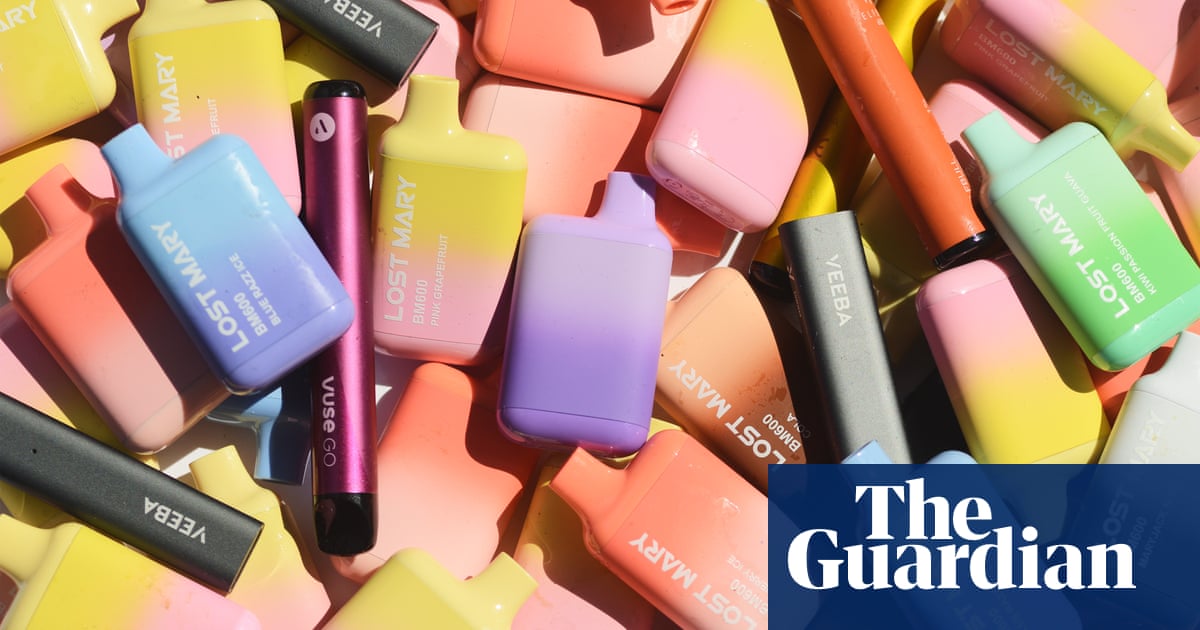
Move aims to address color bias amid global debate on racial inequality, Johnson & Johnson says
NEW DELHI: Paridhi K. said the first time she became conscious of her skin color was after friends began to tease her in high school. The teasing got worse in college.
By the time she turned 18, her insecurity developed to the point where she was spending 1,000 rupees ($15) a month on skin-whitening creams and products.
That was 12 years ago.
Today, the academic, speaking at her alma mater Delhi University, said it took a lot for her to stop using the products and regain her self-esteem.
“It takes a lot of confidence to force yourself not to use these skin-whitening products. Many don’t have that confidence no matter how established they are,” she told Arab News.
Paridhi is not an exception. Millions of Indian women have fallen for the “white is right” skin-lightening marketing campaigns.
In a 2018 report titled “India’s Fairness Cream & Bleach Market Overview 2018-2023,” Research and Market, a consumer group, said the women’s fairness cream category “is anticipated to achieve market revenues of more than $657 million by the year 2023 in India.”
“A high literacy rate, demand from single working women, beauty pageants at the national and international level, the pressure of society, marriage issues, and a desire to look beautiful and fair are some of the major factors which have pushed the market of women’s fairness cream in India,” the report said.
However, despite growing demand, multinational company Johnson and Johnson (J&J) said on Friday it would stop selling skin-whitening creams in Asia and the Middle East, amid a global debate on racial inequality.
“Conversations over the past few weeks highlighted that some product names or claims on our dark spot reducer products represent fairness or white as better than your own unique skin tone,” J&J said in a statement.
“This was never our intention – healthy skin is beautiful skin,” it added.
The company has operated in India for more than 70 years and reported revenues of $876 million in 2018.
“We’ve made the business decision to no longer sell the Neutrogena Fine Fairness and Clean & Clear Fairness product line,” it said.
Despite the demand for the product, there has been a concerted campaign against their sale, with public figures and government authorities trying to address the problem.
In February this year the Indian government proposed a strict law against advertising beauty products on television and in public places.
The draft law calls for a “stringent punishment of up to five years in jail and a fine of up to $67,000 for advertisement drugs promoting fair skin.”
Activists said J&J’s decision is a “victory for those fighting against racism and color discrimination.”
Poonam Kaushik, a Delhi-based activist representing the “Unite Against Patriarchy” campaign, said: “The multinational companies define beauty according to their commercial interests and perpetuate discrimination in the name of color.”
Kaushik added: “Women in India are getting conscious and understand how multinational companies fix different parameters of beauty through beauty contests and other public events. The fact that Johnson and Johnson was forced to stop selling its beauty products is a victory for our fight against racial and color discrimination.”
She said: “Color consciousness is entrenched in India, particularly at the time of marriage because people don’t like to give their wards to a person who is dark.”
Pawan Bansal is a 26-year-old who runs a grocery store in Aligarh, a city in the western state of Uttar Pradesh.
He worries that his dark complexion could “ruin” his marriage prospects.
“I have been applying all kinds of skin whitening creams for the last five years. In small towns, people prefer good-looking fair men to marry off their daughters. I am worried I might not get a bride,” he told Arab News.
That fear is also shared by 34-year-old Monika Verma, who works at a multinational IT company in Noida, New Delhi.
“Marriage proposals would not materialize just because my skin is not fair. The boys who earn less than me rejected marriage proposals,” Verma said.
Paridhi believes the “issue is not about the beauty products but the mindset,” adding that the journey to “accept herself for who she was” was not easy.
“In India, no matter how qualified you are, if you have a dusky complexion, you are not good enough,” she said.












